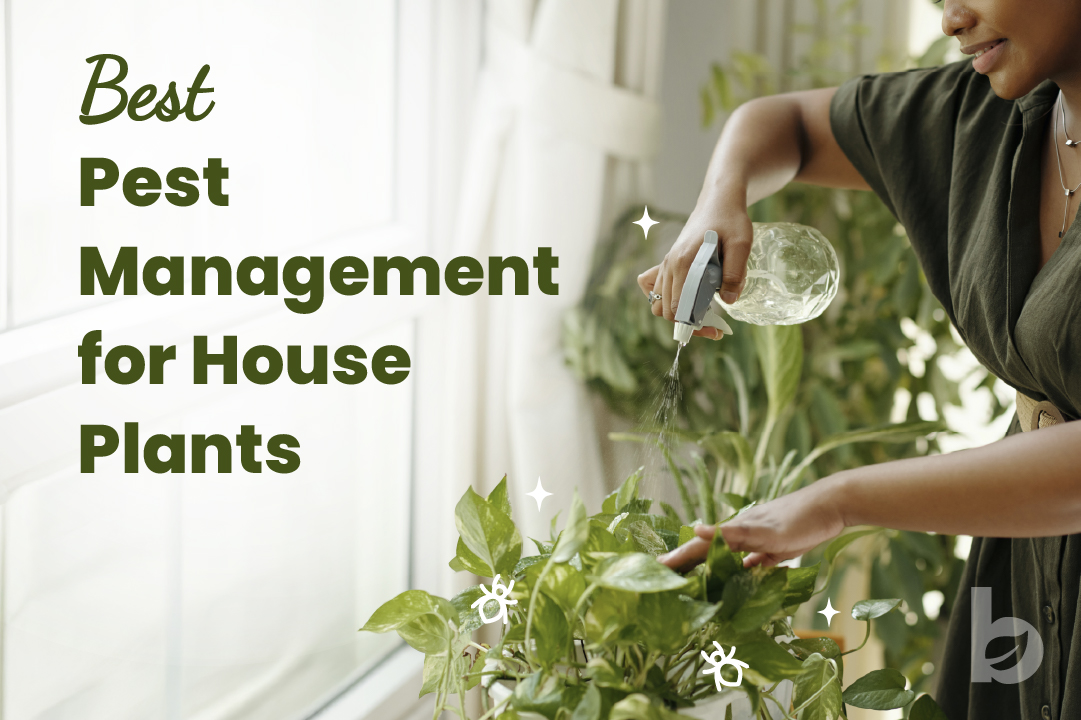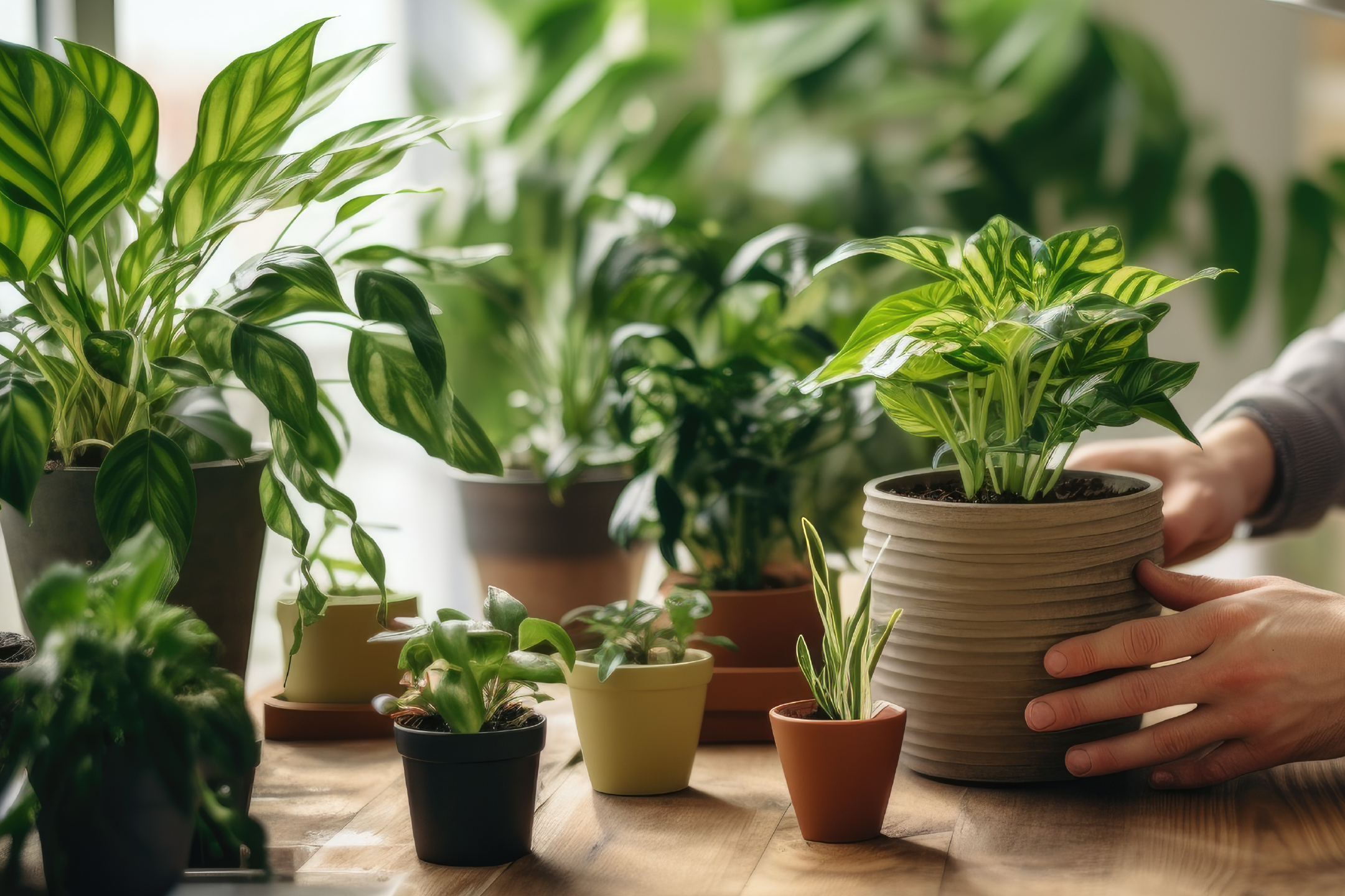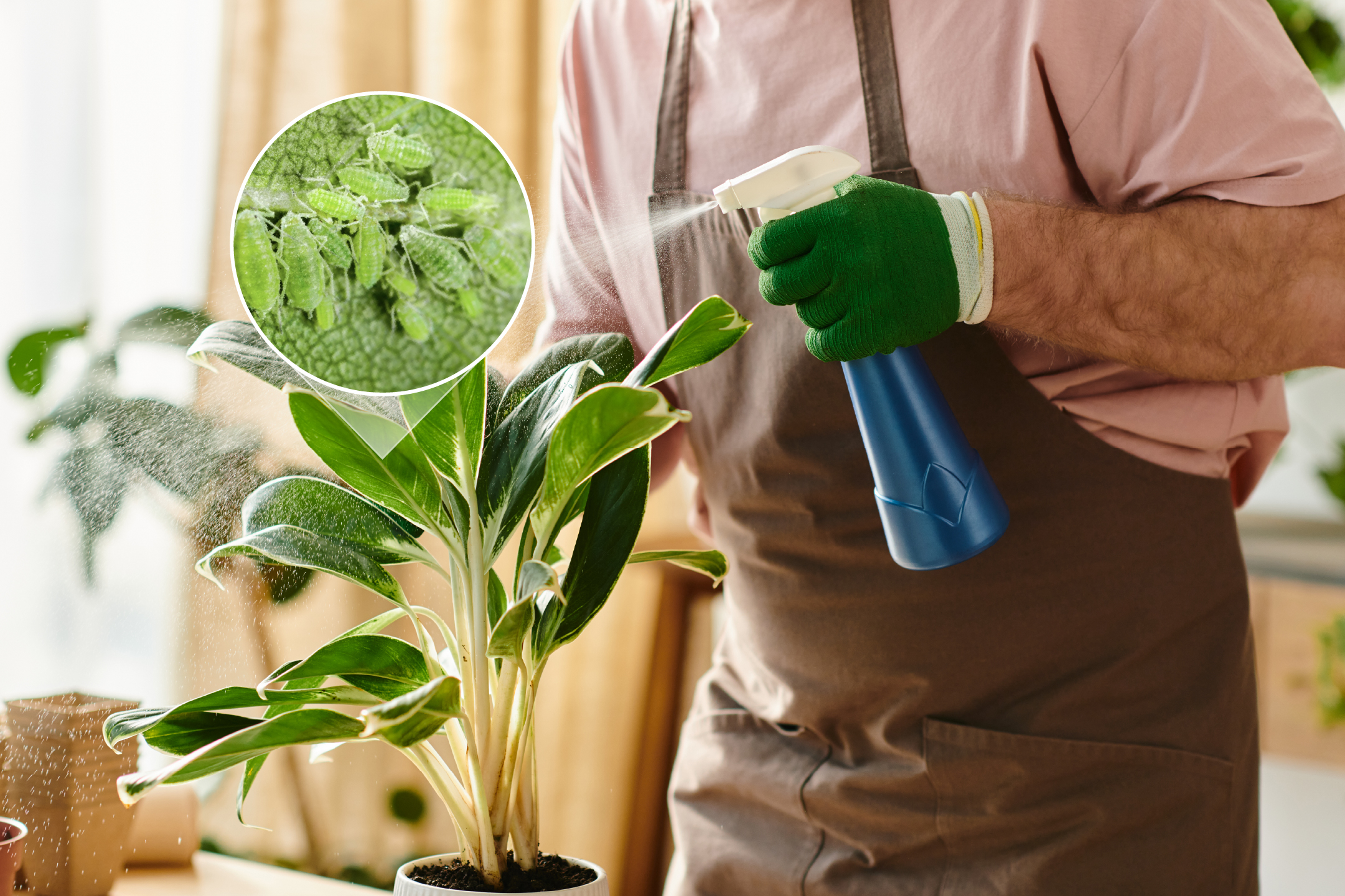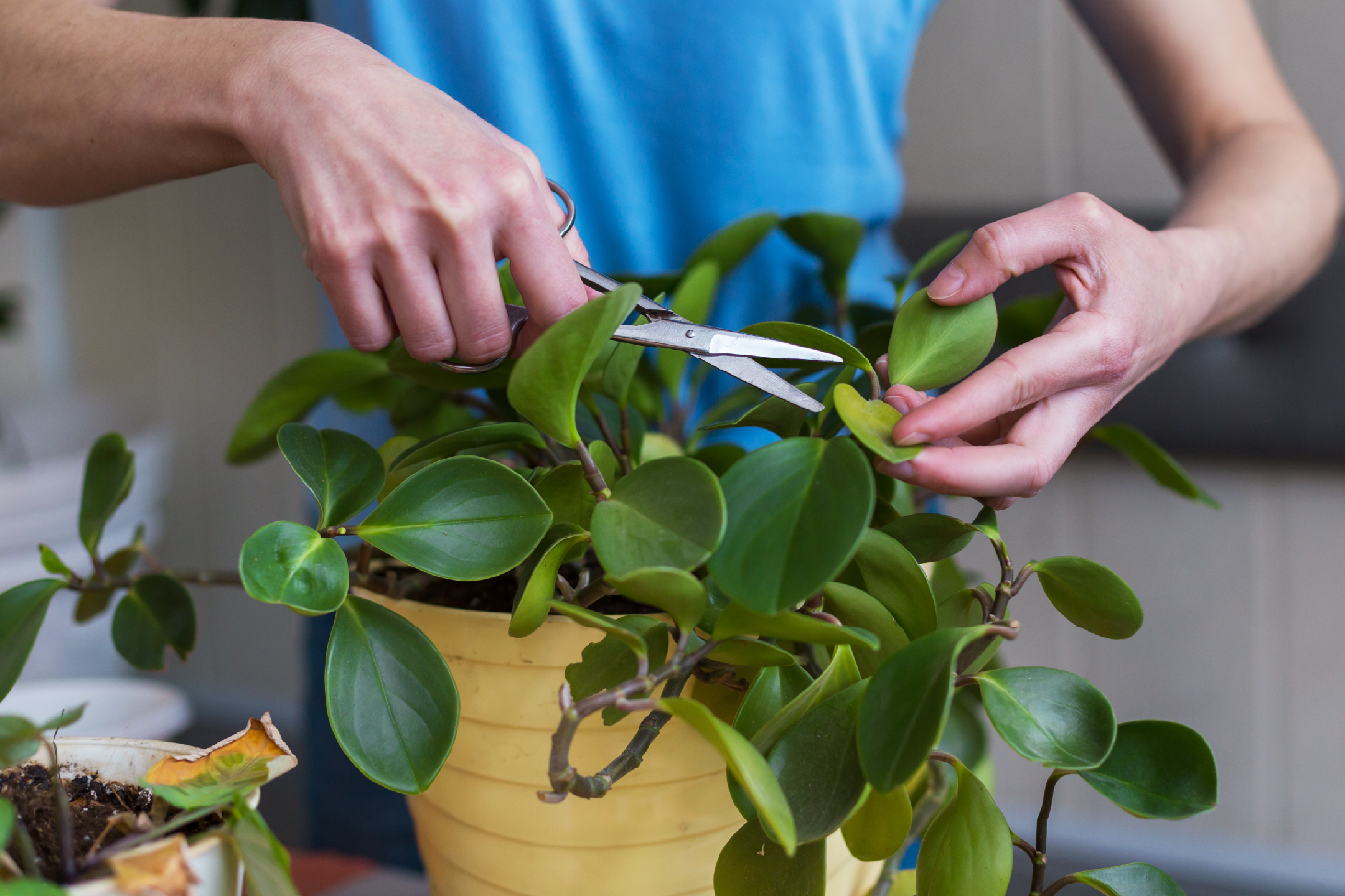
Indoor plants bring life to your home, improve air quality, and create a soothing ambiance. However, maintaining healthy houseplants and keeping them pest-free can be challenging. With the right strategies, you can enjoy a thriving indoor garden. This guide offers expert advice to help you care for your indoor plants and prevent pests naturally and effectively.
1. Select Suitable Indoor Plants
Choosing the right indoor plants is the foundation of a healthy indoor garden. Select varieties that thrive in your home’s light and humidity levels. Popular options like pothos, snake plants, and spider plants are not only easy to care for but also resistant to common pests.

2. Provide Proper Light and Ventilation
Healthy houseplants need adequate light and airflow to thrive. Position your plants near windows that offer indirect sunlight or use artificial grow lights. Poor ventilation can lead to fungal infections and attract pests. Ensure your indoor space has good airflow to keep your plants pest-free.
Quick Tip: Rotate your plants regularly to ensure even light exposure and prevent pests from hiding on the shaded side.
3. Adopt Correct Watering Practices
Overwatering is a common mistake that leads to root rot and attracts pests like fungus gnats. Water your indoor plants only when the topsoil feels dry. Using pots with proper drainage holes ensures excess water doesn’t accumulate.
Pro Tip: Group humidity-loving plants together, like ferns and peace lilies, to create a microclimate without overwatering.
4. Regularly Inspect for Pests
Routine checks are essential for keeping your indoor plants pest-free. Inspect leaves, stems, and soil weekly for signs of pests like spider mites, mealybugs, and aphids. Early detection makes it easier to manage infestations.
5. Natural Pest Control for Plants
Organic solutions are the safest and most effective way to manage pests without harming your houseplants. Here are some proven methods:
- Neem Oil Spray – A natural solution to repel and kill pests. Dilute neem oil with water and spray it on affected areas.
- Soap Water Solution – A mixture of mild soap and water can remove pests without damaging the plant.
- Alcohol Swabs – Use cotton swabs dipped in rubbing alcohol to clean pests off leaves and stems.

Best Insecticide for Aphids
If your plants are struggling with an aphid infestation, using the best insecticide for aphids can be a game-changer. Look for organic options that target aphids without harming beneficial insects. Natural pest control products like neem oil and pyrethrin-based sprays work effectively against aphids while keeping your plants safe.
Recommended Product:
Give your plants the ultimate care with DeHaat Bageecha Health 360 Spray – a 100% natural pest control solution that keeps aphids, mealybugs, and other pests at bay while ensuring your indoor plants thrive. Explore more plant care products at DeHaat Bageecha and treat your leafy companions to the love they deserve!
6. Prune and Clean Your Plants
Dead leaves and debris can attract pests. Regular pruning of your indoor plants ensures better growth and keeps them pest-free and disease-free. Wipe the leaves with a damp cloth to remove dust and enhance photosynthesis.

7. Repot Your Plants When Needed
Fresh soil rejuvenates your healthy houseplants and prevents pest infestations. Repot your indoor plants every 1-2 years to ensure they have sufficient nutrients and proper drainage.
8. Invest in Quality Plant Care Products
Using high-quality plant care products ensures the health and longevity of your indoor plants. Look for organic fertilizers, soil enhancers, and pest control sprays to create an environment where your plants thrive.
9. Preventative Measures for Pest-Free Plants
- Avoid overwatering, as damp conditions attract pests.
- Quarantine new plants for at least a week before placing them with your existing indoor plants.
- Clean plant trays and pots regularly.
- Use sticky traps near your plants to catch flying pests like fungus gnats.
10. Seasonal Care for Indoor Plants
The needs of your indoor plants change with the seasons. In winter, reduce watering as most plants enter dormancy. During summer, watch for increased pest activity and maintain humidity for your tropical plants.
Conclusion
Caring for indoor plants and keeping them pest-free requires consistency, attention, and the right tools. By following these tips, you can enjoy a lush and thriving indoor garden all year round. Remember, healthy plants are happy plants, and a little effort goes a long way in creating a vibrant indoor oasis.
Frequently Asked Questions (FAQs)
Q: How to protect indoor plants?
A: Protect your indoor plants by providing adequate light, proper watering, and good ventilation. Use natural pest control solutions like DeHaat Bageecha Health 360 Spray to keep them pest-free and thriving.
Q: How can we save plants from pests?
A: To save plants from pests, inspect them regularly, and use organic methods like neem oil or best insecticide for aphids. Products like DeHaat Bageecha Health 360 Spray ensure your plants remain healthy and pest-free.
Q: How do I stop my houseplants from wilting?
A: Prevent overwatering, provide the right light, and use quality plant care products to stop your houseplants from wilting or dying. Keep them pest-free with regular maintenance and organic input products.
Q: How do you keep plants healthy at home?
A: To keep plants healthy at home, ensure proper watering, fresh soil, and adequate light. Use trusted plant care products and organic sprays to maintain healthy houseplants all year round.



